CINCINNATI — The caper was great on paper.
Elon Musk, growing tired of Vivek Ramaswamy and eager to push him out of the Department of Government Efficiency, telephoned Ohio Gov. Mike DeWine earlier this year with a request: appoint Ramaswamy to the Senate seat being vacated by Vice President-elect J.D. Vance.
Initially, according to a person familiar with the call, Musk urged DeWine to send Ramaswamy to the Senate so the former presidential hopeful could be the DOGE point-person in Congress. But shortly into the call, Musk betrayed his actual motivation: He said he found Ramaswamy annoying.
DeWine wasn’t about to solve Musk’s problem for him by handing Ramaswamy what could amount to a lifetime appointment to the Senate. But the GOP governor knew that if he passed over Ramaswamy for the Senate, the hyper-ambitious biotech entrepreneur would simply turn to running for governor.
And if that were to happen one of two things would transpire, neither of which would delight DeWine as he heads to his golden years: He’d be succeeded by Ramaswamy or his old Democratic rival, Sherrod Brown, who is now eyeing the governorship.
Which is how the term-limited governor hatched what would be his last full measure of devotion to the state he’s served in elected office for much of a half-century.
First, DeWine appointed his lieutenant governor, Jon Husted, to fill Vance’s Senate seat. That created a vacancy for lieutenant governor. And who, pray tell, would be perhaps the only Ohio Republican who could step into the state’s number-two job, catch Trump’s eye for celebrity and then stop Ramaswamy from claiming the gubernatorial nomination next year?
A former Ohio State football coach.
Enter Jim Tressel.
Not that DeWine pitched his plot to Tressel so directly, which might have scared off the football coach-turned-Youngstown State president. But the bespectacled, 78-year-old governor, who’s shrewder than his image as Ohio’s grandpa or “Governor Sleepy Tea” suggests, was quick to have the coach keep his options open.
“I said to him, ‘OK, I’ll think about this, but I’m going to make sure everyone knows that I’m just here to help, this is it,’” Tressel recalled to me earlier this month about the first conversation he had with DeWine about the appointment. “He says, ‘Oh, no, you can’t do that.’ I said, ‘Why is that?’ And he said, ‘Because you don’t know if you’ll like it — what if you tell everyone on day one you’re just here pinch-hitting and you fall in love with this?’”
Three-and-half months after he was sworn in, Tressel is very much enjoying the job — and still isn’t ruling out running for governor.
Yet time in the Trump era waits for no man. Not even Buckeye greats who’ve brought national titles back to Columbus.
Since Tressel became lieutenant governor, Ramaswamy has entered the race for governor, won Trump’s endorsement and, over DeWine’s urging to hold off, earned the formal support of the Ohio Republican Party.
The primary is still nearly a year away, but the race may be over before it even begins. For starters, Tressel may not even run. He’s 72 and, good Ohioan that he is, has a winter place near Ft. Myers. Two years in state government could be his own final measure of devotion to OH-IO.
DeWine acknowledged to me what he terms the “conventional wisdom” about the race, but argued that Tressel presents a unique profile.
“He told me he thinks he’s been to every high school in the state,” the governor said of the former coach, who played at Baldwin-Wallace, in Berea, and also did coaching stints at three other state schools. “He is Ohio, he really understands the diversity of this state.”
Continuing, DeWine said, “Once you get beyond the introductions, then he’s got to obviously sell. I think he will.”
When I spoke to Tressel later in the day, before he addressed a Cincinnati Republican banquet, I reminded him that the jockey can’t want it more than the horse. He agreed. So does he have the fire for a campaign of his own?
“Do I have the fire?” he said, repeating the question. “You know, I probably got the fire to do anything I’d like to do, and — do I want to light the fire? I don’t have any lack of fire. But do I want to strike the match?”
Yet Tressel’s challenge was evident from the moment he walked into the ballroom for the party dinner and saw the program: The Hamilton County GOP’s dinner is now called the Lincoln-Reagan-Trump Dinner.
Few states better illustrate the transition of the Republican Party to the Trump Party than Ohio.
The Ohio GOP was once the picture of the establishment, electing George Voinovich and Bob Taft as governor, figures such as DeWine and Rob Portman to the Senate and a host of long-serving House leaders and chairs who could swing a gavel and a wedge.
Then came the earthquake of 2016. The first signs of change were clear in the state’s presidential primary. A sitting governor, John Kasich, prevailed, but Trump carried every county along the working-class, eastern spine of the state, from Lake Erie all the way down the Ohio River.
DeWine was savvy enough to avoid tangling with Trump and remained on friendly if not close terms with him. The president stayed out of both of DeWine’s primaries, in 2018 and four years later.
Yet, Trump has effectively crowned the last two Senate nominees, blessing Vance’s 2022 bid and that of Sen. Bernie Moreno last year. Vance defeated Portman’s preferred pick and Moreno toppled DeWine’s candidate last year, carrying every Ohio county in the primary.
Watching all this was Ramaswamy. He grew up in Ohio but has never run for office there until now and had little civic connection to the state. Yet he recognized that the way to enter GOP politics today isn’t necessarily to join the local Rotary Club and then take a look at the next opening for state rep.
It can be easier to do what he did: make money, get on Fox News for attacking the left and then run a longshot presidential campaign complimenting rather than criticizing Trump.
All politics is national, tribal and defined by support or opposition to Trump.
Vance, another Ohioan who made his name outside state politics, offered an obvious model. Others, too, were demonstrating how one could take the big, beautiful Trump elevator to the top rather than climbing the greasy pole.
There was Ron DeSantis in 2018, a junior House member who got Trump’s attention by praising him on Fox and rode the president’s endorsement to the governorship over the establishment favorite. Four years later, Sarah Huckabee Sanders harnessed her role as Trump’s press secretary and own time on Fox to sidestep a pair of statewide officials to become Arkansas’s governor. DeSantis, though, had at least been elected to Congress, and Sanders was the daughter of an Arkansas governor.
Why, then, is every ambitious Ohio Republican who had been waiting since 2018 for DeWine to finally call it a career stepping aside for somebody whose only political history was trolling presidential debate stages and then being nudged from DOGE before Trump was even inaugurated?
I took that question to Frank LaRose, precisely the sort of Republican pol you’d expect to covet the governorship. An Ohio State graduate, Green Beret and state senator, LaRose was elected Secretary of State the year DeWine was first elected governor.
Yet LaRose is running for auditor, not governor.
“I think that Vivek Ramaswamy is a rare generational talent,” LaRose told me.
Fine, but about all the others deferring to Ramaswamy: Is Trump’s endorsement and Fox News celebrity the long and short of it?
“So there’s reality, right?” LaRose said, getting to the point. “Some people may not be looking to begin a suicide mission.”
There’s also speculation here that LaRose is rallying early to Ramaswamy due to another, more time-tested political standby: in hopes he’ll be tapped as lieutenant governor. LaRose said he could play grizzled sergeant major in Columbus to the novice, newly commissioned governor.
“Folks like me that know how state government works can help him take his big ideas and implement them and actually get them done,” he said. (LaRose adds, for the record, of being named lieutenant governor: “If he decides that he wants to talk to me about that then I’m open to that conversation, but I’m running for auditor.”)
In Ohio, the governing body of the state GOP can endorse candidates ahead of primaries, offering them resources and infrastructure. DeWine, recognizing he had to slow the freight train, telephoned some state committee members urging them to hold off, and Tressel put out an 11th-hour statement the night before the vote earlier this month. “I have not ruled out a run for Governor,” he said.
It was too late. Ramaswamy had Donald Trump Jr. urge Ohio Republicans to make the endorsement and Lara Trump, the president’s daughter-in-law, called in at the outset of the meeting to urge the committee to unite behind Ramaswamy.
Ohio Republicans voted overwhelmingly to make an endorsement and then, by an even wider margin, voted to endorse Ramaswamy.
“That was very significant on top of what else he already had,” Curt Steiner, a longtime GOP strategist, told me about Ramaswamy.
A few weeks later, Attorney General David Yost, the only other major Republican who was challenging Ramaswamy, dropped out of the race.
A “steep climb,” Yost said, had become a “vertical cliff.”
In Cincinnati, Tressel was just starting out on the trail.
He had been spending evenings for much of the spring dashing from the state capital to make the rounds of the county GOP dinner circuit. The old coach was testing the waters and I wanted to see him in action.
The most striking part of watching Tressel was seeing how humble and candid he was about his learning curve in politics. And that’s even allowing that some of the aw-shucks routine may be for show, the Ohio household name with the Hall of Fame ring demonstrating his lack of entitlement.
When do you have to decide? I asked.
“I don’t even know what the timing things are,” Tressel said. “I don’t even know what you have to do to sign up to run for something.”
You know who does, I told him: Mike DeWine.
“Well, and that’s why if I thought there was a timing problem right now I would hear about it from him,” said Tressel.
State government and politics, he had concluded, have their “seasons, just like what I used to do.”
But it was hard to miss the sense of wonder from Tressel, about the range of work, the responsibilities and the people — especially the governor himself.
Reverting back to his assistant coach days, the lieutenant governor spent much of his dinner speech extolling the policy-oriented DeWine and, well, sounding a lot like him.
Tressel said the word “workforce” more than “Trump” (which was easy, actually, because the only time Tressel invoked the president in his remarks was when he recited the name of the dinner).
Tressel also got a kick out of learning a new phrase: “LG.” He hadn’t previously heard that shorthand for lieutenant governor, he told the crowd, joking that it sounded “like a light.” (LEED, get it.)
Tressel, DeWine told me, “truly is an outsider.”
I’d put it a different way. Jim Tressel is a Mike DeWine guy in a Donald Trump party.
Who else shows up at a party dinner and, far from delivering red meat, skips the protein altogether?
Tressel opened his remarks by demonstrating an astonishing recall for the talents, careers and families of his former players, a group of whom was sitting in the back of the room, and then detailed the industries historically associated with Ohio’s big cities before getting to the heart of his speech. It was a play on the letters G-O-P. Tressel talked about gratitude, opportunity and perspective.
The only sign he had on his wall as coach, Tressel said, was a plea from Albert Einstein: “Concern for man himself and his fate must always constitute the chief objective of all technological endeavors.”
Needless to say there were no denunciations of the woke left, let alone any disparaging nicknames for the opposition.
There also weren’t many applause lines.
Speaking to attendees before and after the banquet, I found uniform respect — and many a fond memory — for the old coach. Most, though, said a primary that isn’t until next spring was all but decided.
Part of that is because one of the dinner’s namesakes had already laid hands. It’s also, though, because Ramaswamy has built his own mini celebrity following.
“Back in February, I thought well, Tressel may get in, there may be a fight,” said Andrew King, a candidate for Ohio Supreme Court. “But I’ve been to 45 different Lincoln Dinners all over the state, and every time Vivek is there, the room is packed, there are receiving lines and he’s signing books.”
Steiner, the strategist, said it bluntly: “It would take Vivek making some cataclysmic mistakes now.”
Which, if his conduct as a presidential candidate and controversial Twitter takes offer any precedent, isn’t totally out of the realm.
Yet former Rep. Steve Stivers probably got it right when he said that Tressel’s hole has all but vanished. “He’d have to run like Archie Griffin to have any shot now,” said Stivers.
The hope among the old guard is that Trump could be tempted into one of his dual endorsements should Tressel enter the race. But that seems unlikely if Ramaswamy maintains his massive polling advantage, Trump’s frequent barometer for endorsements.
Nobody may be rooting for Ramaswamy harder than DeWine’s old nemesis and fellow Ohio political warhorse. Sherrod Brown, 72, was first elected to office here in 1974 and DeWine two years after that.
Brown ousted DeWine from the Senate in 2006, but lost his own re-election bid by three-and-and-half points last year, pulled under by Trump’s double-digit win here and the state’s changing political demography.
Brown has told people close to him that he has another campaign left in him and, if he runs, it will be for governor, not the Senate.
DeWine, it seems, may not be the only 70-something Ohioan with one final caper up his sleeve.
.png)
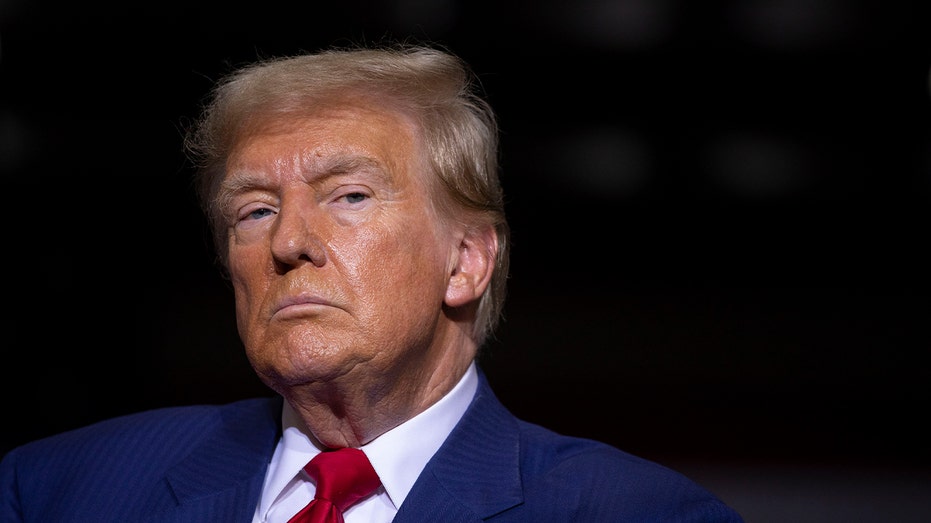


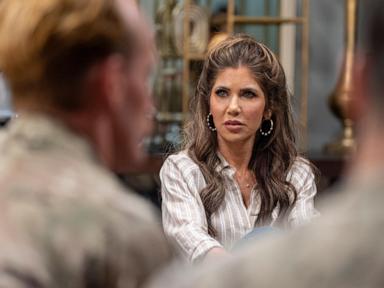
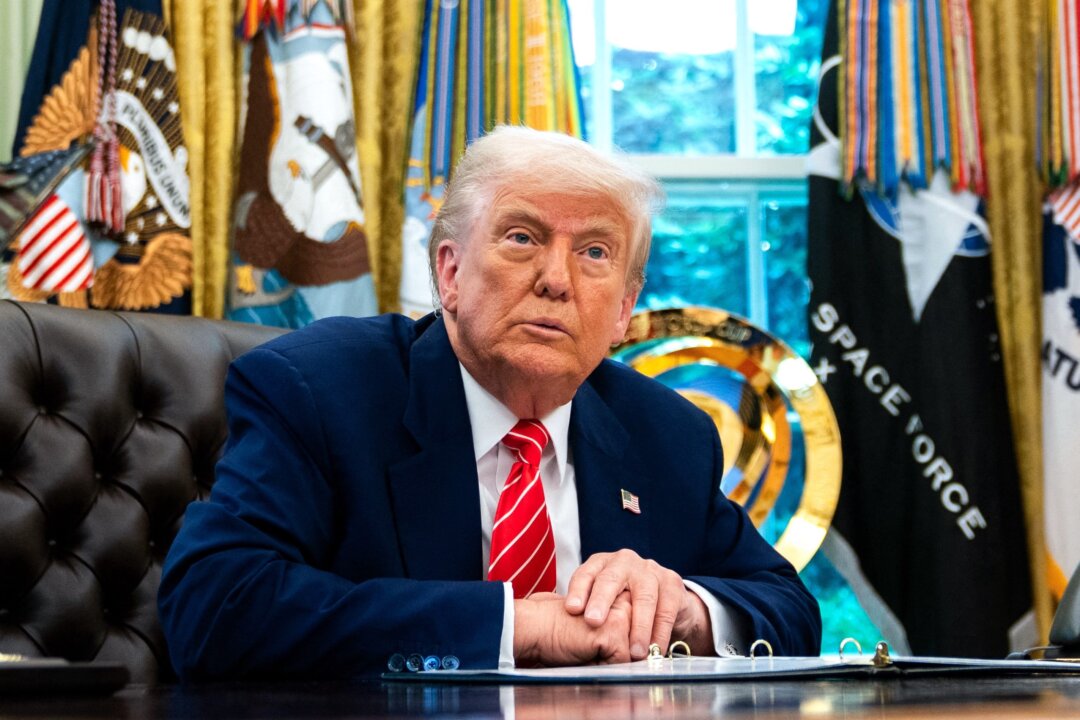
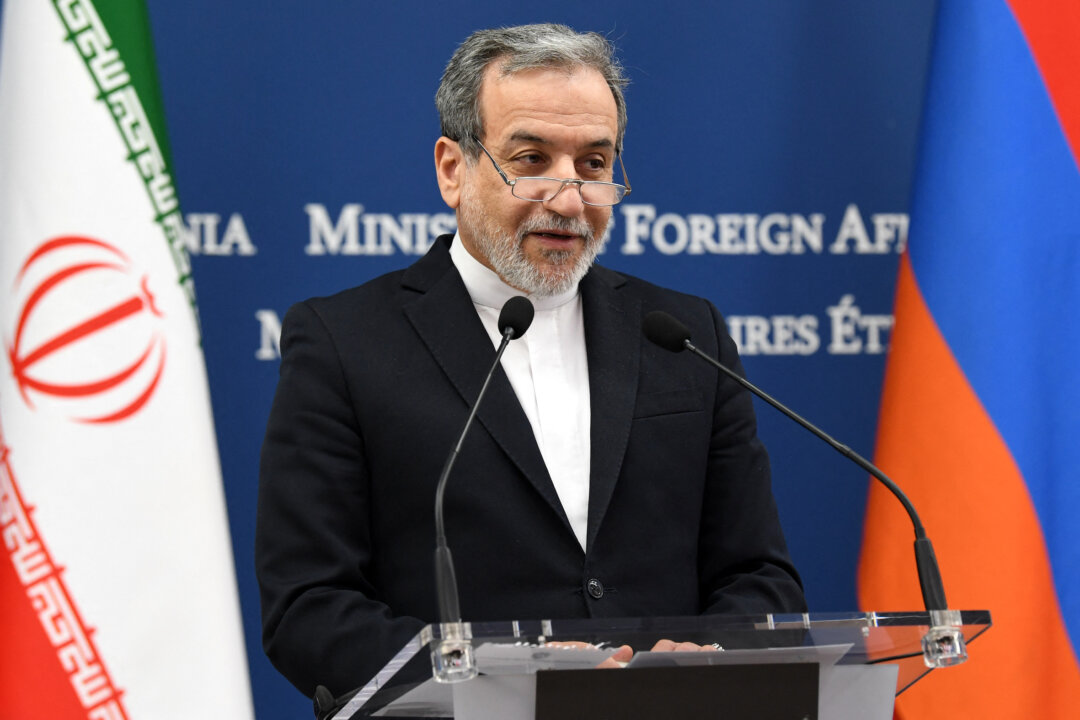




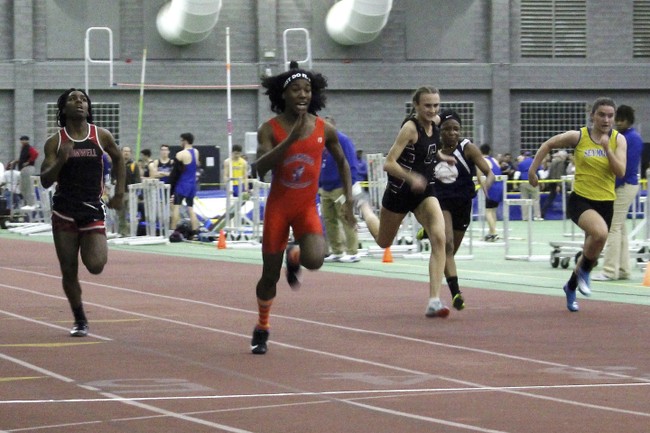

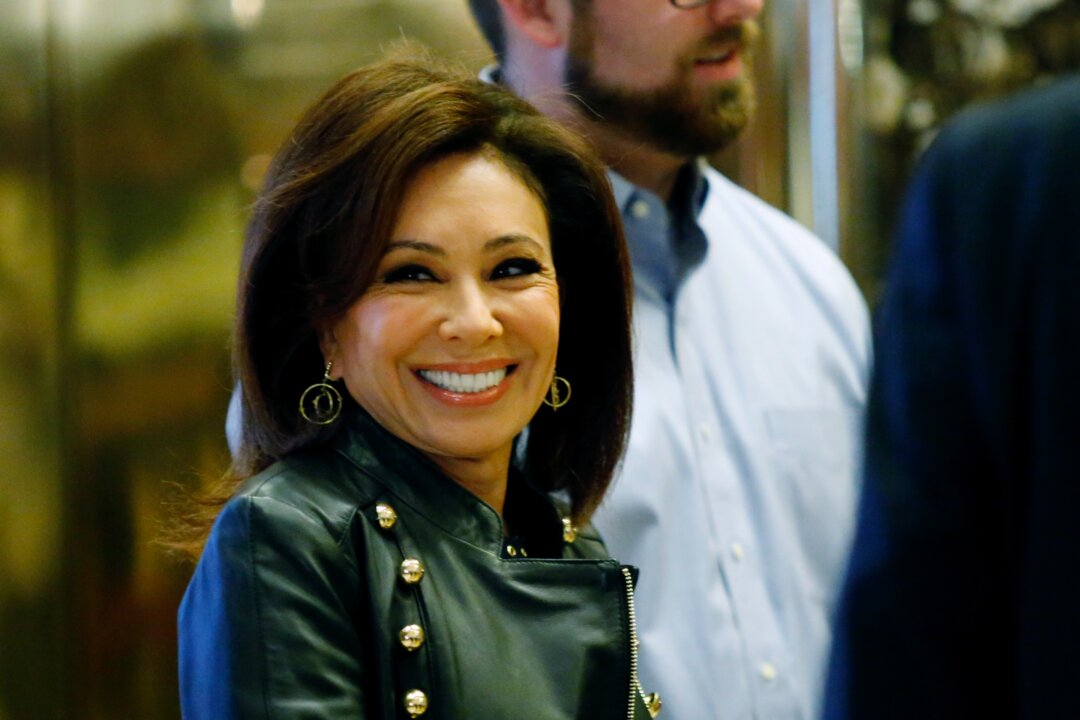

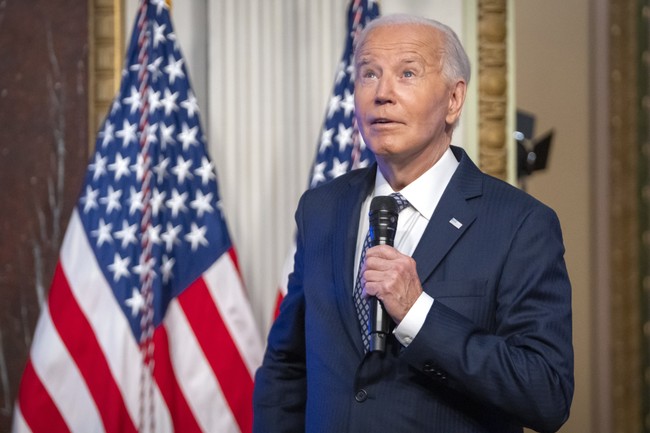
 English (US)
English (US)